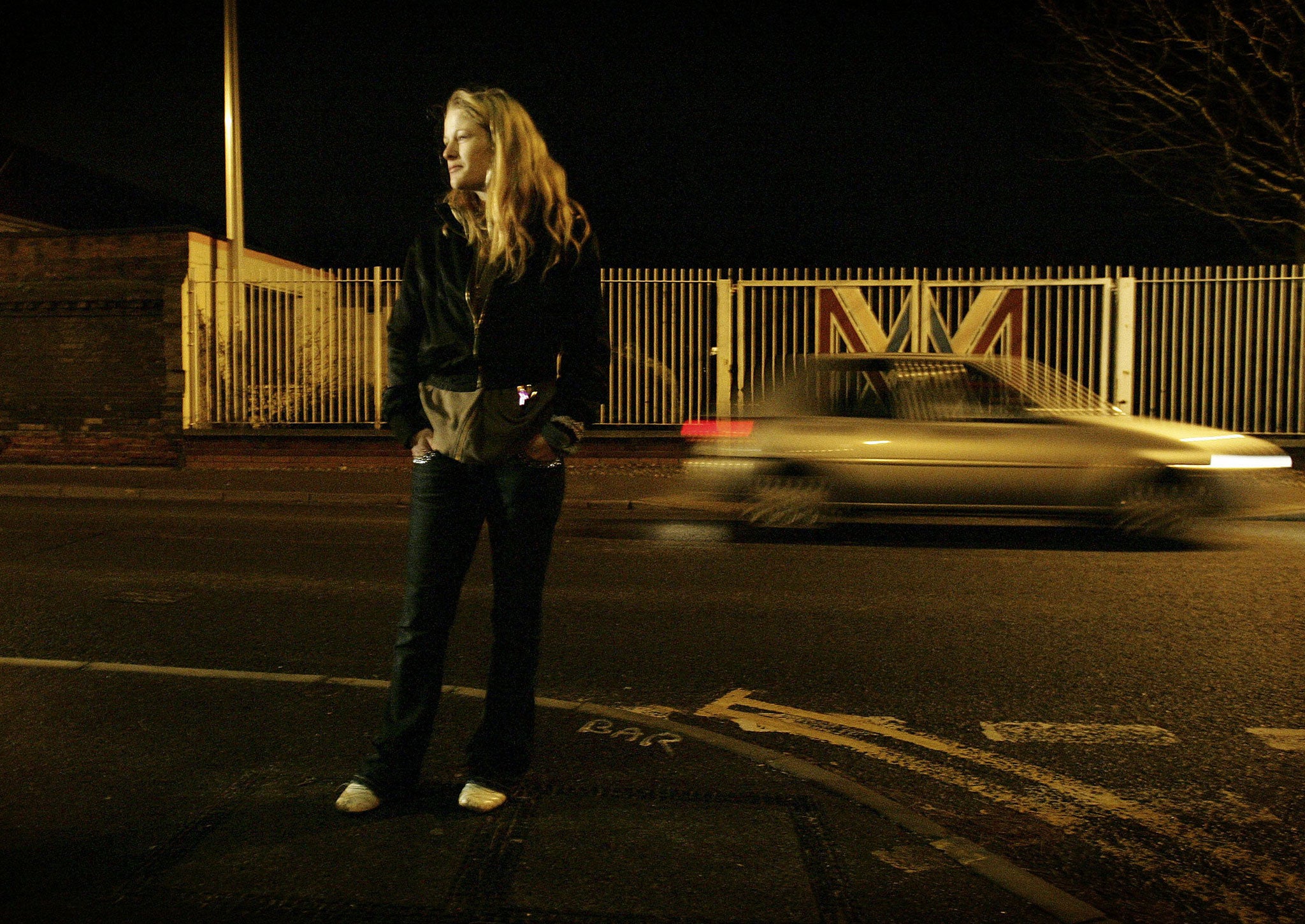Want to rid the world of HIV? Then you can start by decriminalising prostitution
The only way to control the disease is to protect those who are most at risk

This week, the world’s leading HIV experts gather in Melbourne, Australia for AIDS 2014, the premier global meeting in the field, held every two years.
The event has been overshadowed by the tragedy of the MH17 plane crash, which claimed the lives of six people who were on their way to the conference.
Now the victims have been honoured in a moving tribute, the 12,000 delegates from around the world will now be debating how we should go about eradicating, or rather controlling, the HIV epidemic.
Whichever way this debate turns out, one thing is clear: HIV will neither be eradicated nor controlled without an increased focus on the groups of people who remain worst affected by the virus. And one of the most important, yet most marginalized groups of people affected by HIV are the women, men, and transgender people who sell sex.
Across the world, sex workers are subjected to repressive and discriminatory laws, policies, and practices, which fuel human rights violations against them, including violence and discrimination.
All of these factors are preventing sex workers from accessing the services they need to effectively prevent and treat HIV infection. This helps fuel the HIV epidemic, and results in higher rates of death, illness, and poverty among sex workers and their families.
Often driven underground by fear, sex workers encounter or face the direct risk of violence and abuse daily. They remain chronically overlooked by the global effort to tackle HIV.
Despite seemingly intractable challenges, much can be done to support sex workers in their fight to protect themselves from the risk of HIV/AIDS. Laws, policies, and practices can help or harm sex workers in their efforts to stay healthy while selling sex. Risk environments are crucially important for sex workers, since they constantly intersect with police and the law.
Where sex work is legal, as it is in Amsterdam, the focus of policing is on reducing violence, protecting sex workers, and supporting effective HIV programming.
Such an enlightened response reduces sex workers’ vulnerability and risk to HIV, and should be followed elsewhere. We here at The Lancet call on governments to decriminalise sex work.
There is no alternative if we wish to reduce the environment of risk faced by women, men, and transgender people worldwide.
Most people wish to ignore reality – one of our biggest challenges in addressing sex work is the need to understand human sexual desires and needs, including our own.
We might prefer to think that sex and money were unrelated, that sex was somehow immune from the transactions so common elsewhere in our lives. But why should this exception be so? And why should we condemn and criminalise the exchange of money for sex, especially if the severely adverse conditions we create for such exchange hurt women and men, and often fatally so?
The persistence and ubiquity of sex work suggests only that sex, and the human desire for sex, is a normal part of human societies.
It is part of the human story. Accepting and embracing sex work, and protecting the health of those involved, is the most humane and pragmatic approach to the reality of the situation. There's nothing we can do to instantly get rid of HIV. But by decriminalising sex work, we can at least take a huge step in the right direction.
To find out more, read The Lancet's new series on HIV and sex workers.

Join our commenting forum
Join thought-provoking conversations, follow other Independent readers and see their replies